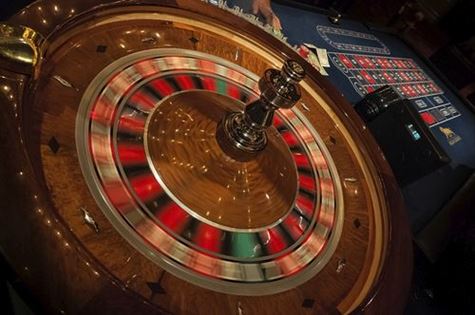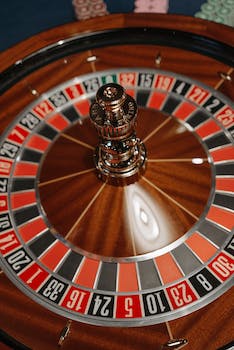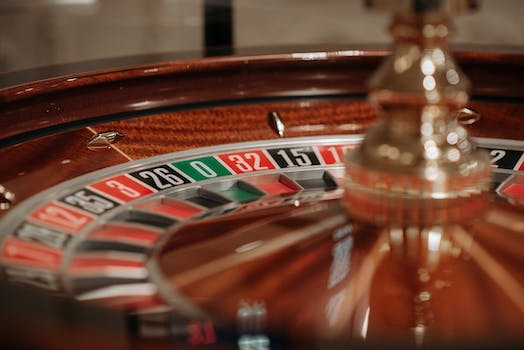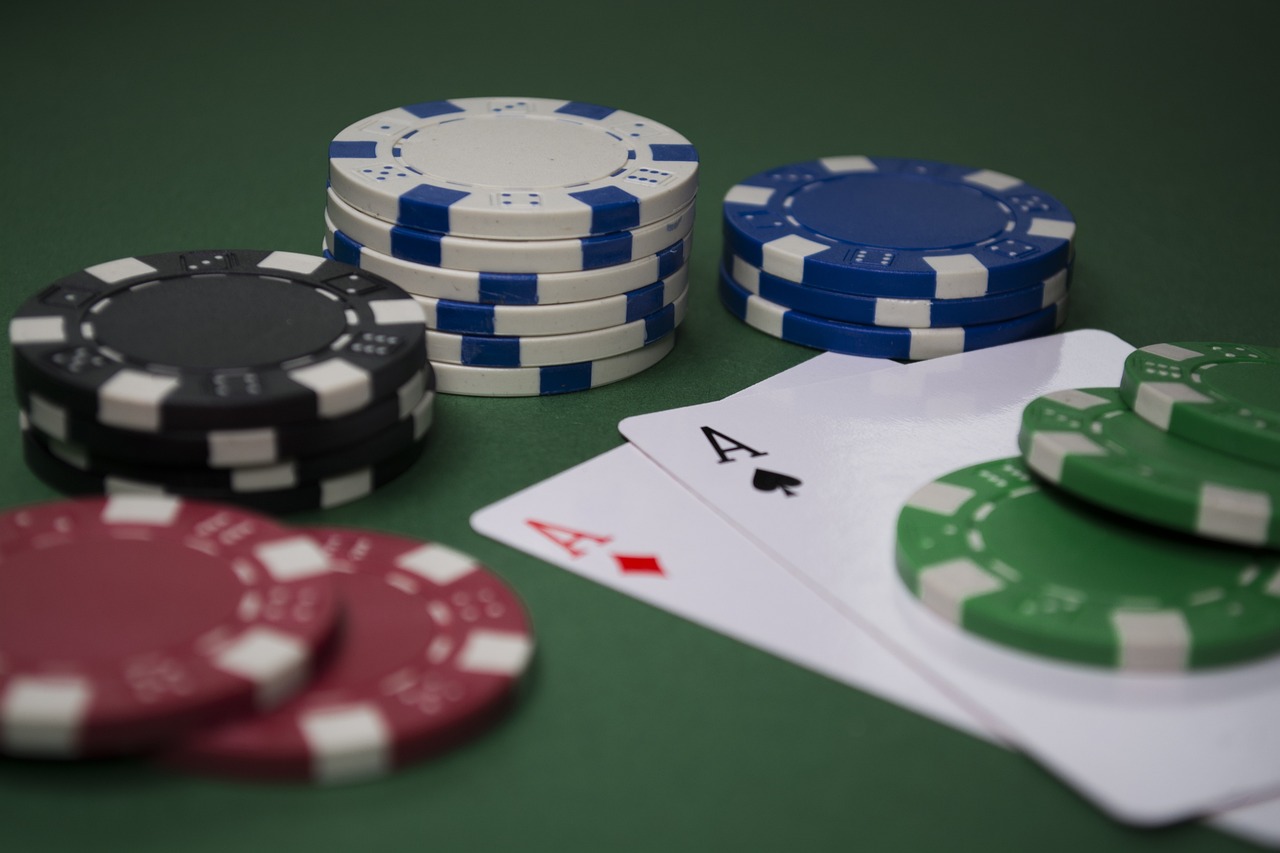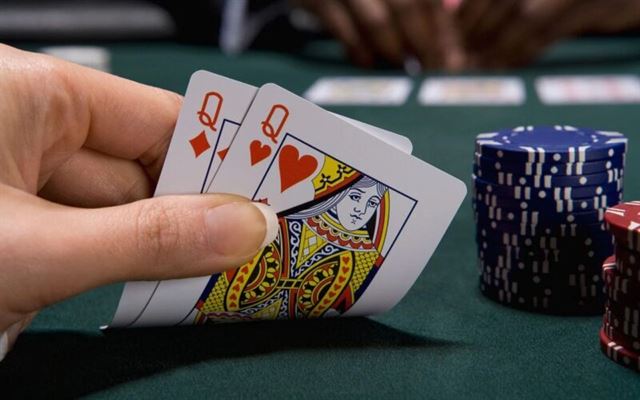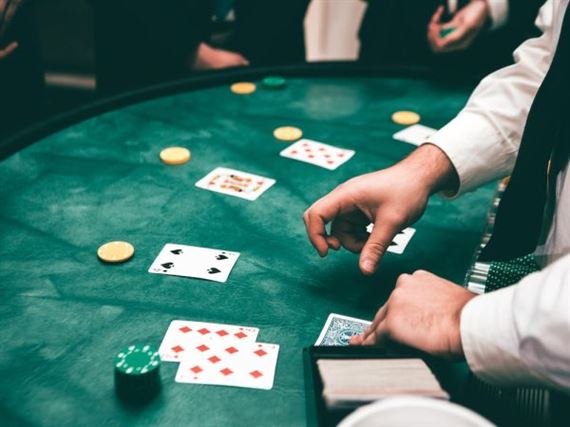Roulette, a popular casino game, has had a significant impact on casino culture throughout history. With its origins dating back to 18th century France, this game of chance has captivated players worldwide and become synonymous with the glitz and glamour of casinos. Roulette’s influence on casino culture can be seen in its portrayal in popular media, its role in shaping the casino experience, and its ability to attract a diverse range of players. This game has undoubtedly left a lasting impression on the world of gambling and continues to be a symbol of excitement and sophistication in casinos today.
The Evolution of Roulette in Casino Culture
The game of roulette has a long and storied history, dating back to 18th century France. Over the years, it has become one of the most popular casino games in the world, with its influence extending far beyond the walls of the casino. In this article, we will explore the evolution of roulette in casino culture and examine its impact on the gambling industry.
Roulette was first introduced in French casinos in the late 1700s, and it quickly gained popularity among the aristocracy. The game’s simple yet elegant design, with its iconic spinning wheel and numbered pockets, captured the imagination of players and provided a thrilling gambling experience. As the game spread throughout Europe, it became synonymous with the glamour and excitement of the casino.
In the early days, roulette was primarily played by the upper classes, who saw it as a symbol of their wealth and status. The game’s association with high society only served to enhance its allure, and soon, casinos across the continent were offering roulette tables to cater to the demand. As the game became more accessible to the general public, its popularity soared, and it became a staple in casinos around the world.
The introduction of roulette to American casinos in the 19th century marked a significant turning point in the game’s evolution. The American version of roulette featured an additional double zero pocket on the wheel, increasing the house edge and making it more challenging for players to win. This modification gave rise to a new variant of the game, known as American roulette, which is still played in many casinos today.
As the gambling industry grew, so did the influence of roulette on casino culture. The game became a symbol of the casino experience, with its distinctive wheel and colorful betting layout becoming instantly recognizable to gamblers worldwide. Roulette’s presence in popular culture further solidified its status, with movies and television shows often featuring scenes set in glamorous casinos, complete with roulette tables.
In recent years, the rise of online casinos has further expanded the reach of roulette. Players can now enjoy the game from the comfort of their own homes, with virtual roulette tables offering the same excitement and thrill as their land-based counterparts. The convenience and accessibility of online roulette have made it even more popular, attracting a new generation of players who may not have had the opportunity to visit a physical casino.
Despite the advancements in technology, the allure of the traditional casino experience remains strong. Many players still prefer the atmosphere and social interaction of a brick-and-mortar casino, where they can watch the wheel spin and interact with fellow gamblers. Roulette continues to be a centerpiece of the casino floor, drawing in crowds and creating an atmosphere of excitement and anticipation.
In conclusion, the evolution of roulette in casino culture has been a fascinating journey. From its origins in 18th century France to its current status as a global casino staple, roulette has left an indelible mark on the gambling industry. Its influence can be seen in the popularity of the game, the recognition of its iconic design, and its portrayal in popular culture. Whether played in a traditional casino or online, roulette continues to captivate players and shape the casino experience.
The Popularity of Roulette in Modern Casinos
Roulette, a game of chance and excitement, has become an integral part of modern casino culture. Its popularity has soared over the years, captivating gamblers from all walks of life. This article explores the reasons behind roulette’s widespread appeal and its impact on the casino industry.
One of the key factors contributing to roulette’s popularity is its simplicity. Unlike other casino games that require complex strategies or extensive knowledge, roulette is easy to understand and play. The basic concept involves placing bets on a spinning wheel divided into numbered pockets. Players can choose to bet on a specific number, a range of numbers, or even the color of the pocket. This simplicity makes roulette accessible to both seasoned gamblers and newcomers alike.
Furthermore, roulette offers a wide range of betting options, providing players with a sense of control and variety. From inside bets, which offer higher payouts but lower odds, to outside bets that provide more favorable odds but lower payouts, there is something for everyone. This versatility allows players to tailor their betting strategies to their preferences and risk tolerance, adding an element of excitement and personalization to the game.
Another reason for roulette’s popularity is its association with glamour and sophistication. The image of a beautifully dressed croupier spinning the wheel, accompanied by the sound of the ball bouncing and the anticipation of the outcome, creates an atmosphere of elegance and allure. This allure has been perpetuated by popular culture, with movies and television shows often featuring glamorous casino scenes that prominently showcase roulette tables. As a result, many people are drawn to roulette not only for the thrill of the game but also for the experience and ambiance it offers.
Moreover, the advent of online casinos has further contributed to the popularity of roulette. With the convenience of playing from the comfort of their own homes, players can now access a wide variety of roulette games at any time. Online casinos also offer additional features such as live dealer roulette, where players can interact with real croupiers through video streaming. This immersive experience has helped bridge the gap between land-based and online casinos, making roulette even more accessible and appealing to a larger audience.
The popularity of roulette has had a significant impact on the casino industry as a whole. Casinos have recognized the demand for roulette and have responded by dedicating a significant portion of their floor space to the game. Roulette tables are often strategically placed in prominent locations, attracting both seasoned players and curious onlookers. The revenue generated from roulette has become a crucial component of a casino’s overall profitability, further solidifying its importance in the industry.
In conclusion, roulette’s popularity in modern casinos can be attributed to its simplicity, variety of betting options, association with glamour, and the convenience of online play. Its impact on casino culture is undeniable, with roulette becoming a staple in both land-based and online casinos. As the game continues to evolve and adapt to changing technologies, its influence on the casino industry is likely to endure, captivating gamblers for years to come.
Roulette’s Impact on the Casino Experience
Casinos often dedicate a significant portion of their space to roulette tables, which are typically surrounded by a crowd of eager players. The distinctive sound of the spinning wheel and the clatter of the ball as it bounces across the numbered slots create an atmosphere of anticipation and excitement that is unique to roulette.
Moreover, the layout of the gaming floor is often designed to maximize the visibility and accessibility of roulette tables. Casinos strategically place these tables near entrances and high-traffic areas to attract players and create a sense of energy and activity. This placement not only serves as a marketing tool but also contributes to the overall ambiance of the casino, making it a vibrant and lively environment.
In addition to its physical presence, roulette has also influenced the social dynamics within the casino. The game’s communal nature encourages interaction among players, fostering a sense of camaraderie and friendly competition. Players often gather around the table, exchanging tips and strategies, and cheering for each other’s wins. This social aspect of roulette adds an element of fun and sociability to the casino experience, making it more than just a solitary pursuit of luck.
Furthermore, roulette’s impact on casino culture extends beyond the gaming floor. The game has become a symbol of glamour and sophistication, thanks in part to its portrayal in popular culture. Movies like “Casablanca” and “Casino Royale” have immortalized roulette as a game for the stylish and the elite. This association with luxury and high stakes has contributed to the allure of casinos and has attracted a diverse range of players, from casual gamblers to high rollers.
Moreover, roulette’s influence can be seen in the development of casino etiquette and rituals. Players often have their own superstitions and rituals when playing roulette, such as blowing on the dice or rubbing the table for good luck. These customs, although based on superstition, add to the mystique and excitement of the game. Additionally, casinos have established certain rules and protocols for playing roulette, such as the prohibition of electronic devices and the requirement to place bets before the ball is spun. These rules not only ensure fair play but also contribute to the sense of tradition and orderliness associated with the game.
In conclusion, roulette has had a profound impact on the casino experience. Its physical presence on the gaming floor, its influence on the social dynamics within the casino, its association with glamour and sophistication, and its contribution to the development of casino etiquette and rituals all attest to its enduring influence. Whether you’re a seasoned gambler or a casual visitor, roulette’s impact on casino culture is undeniable, making it an integral part of the overall casino experience.
The Influence of Roulette on Gambling Tourism
The game of roulette has had a significant impact on casino culture, particularly in the realm of gambling tourism. Roulette, with its origins in 18th-century France, has become one of the most popular casino games worldwide. Its allure lies in its simplicity and the thrill it offers to players. As a result, roulette has played a crucial role in attracting tourists to casinos around the world.
One of the main reasons why roulette has had such a profound influence on gambling tourism is its universal appeal. Unlike other casino games that may require a certain level of skill or knowledge, roulette is a game of chance that anyone can play. This accessibility has made it a favorite among tourists who may not be familiar with other casino games. Whether you are a seasoned gambler or a novice, roulette offers an equal opportunity for everyone to try their luck.
In addition to its entertainment value, roulette has also played a significant role in boosting the economy of gambling destinations. Many cities and regions around the world have built their tourism industry around casinos, and roulette has been a key driver of this growth. The popularity of roulette has led to the establishment of numerous casinos in places like Las Vegas, Macau, and Monte Carlo, attracting millions of tourists each year.
The presence of roulette tables in these gambling destinations has not only created jobs for locals but has also generated substantial revenue for the local economy. Tourists who come to play roulette often spend money on accommodation, dining, shopping, and other entertainment options, contributing to the overall economic development of the region. The success of these gambling destinations can be attributed, in part, to the enduring appeal of roulette.
Moreover, roulette has also had a significant impact on the overall perception of gambling tourism. In the past, gambling was often associated with negative connotations, such as addiction and crime. However, the introduction of roulette and other casino games has helped to change this perception. Casinos have become more than just places to gamble; they are now seen as entertainment complexes that offer a wide range of experiences beyond the gaming floor.
Roulette, with its glamorous image and association with high-stakes gambling, has played a crucial role in transforming the perception of casinos. It has helped to create a more positive and sophisticated image of gambling tourism, attracting a broader range of visitors who are looking for a unique and thrilling experience.
In conclusion, the influence of roulette on gambling tourism cannot be overstated. Its universal appeal, visual spectacle, and economic impact have made it a driving force in attracting tourists to casinos around the world. Roulette has not only created jobs and boosted local economies but has also played a significant role in changing the perception of gambling tourism. As long as there are casinos, roulette will continue to be a cornerstone of the gambling industry and a magnet for tourists seeking excitement and fortune.


